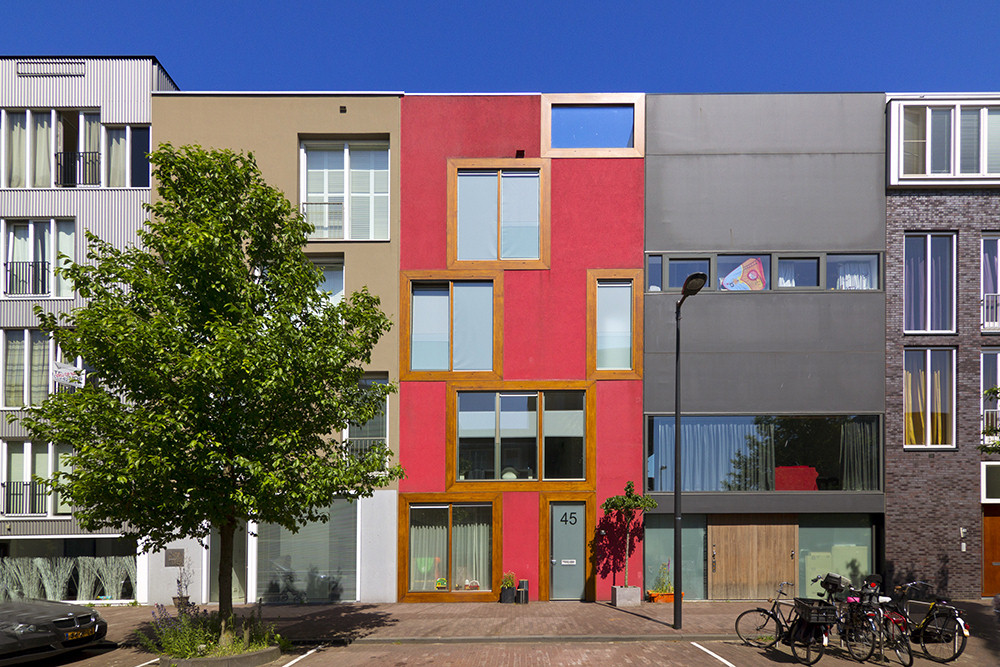
Photo: Wojtek-Gurak
Airbnb releases new city data
26 April 2018
by Jonathan Andrews
In a move to increase transparency, global home sharing platform Airbnb has released further data to the public on more than 300 cities in 80 countries.
The data come from a global survey the company sent out to 1.1 million hosts and 820,000 guests last year, disaggregated by country and by city. Data include the number of guest arrivals, the typical income earned by a host, guests’ country of origin and more.
“By making the information we share more clear, simple and user-friendly, we hope to help more people understand the positive impacts of home sharing, and to help more governments make smart policy decisions that benefit local families and communities,” Patrick Robinson, Director of Public Policy, EMEA, Airbnb, told Cities Today.
The overall data show that there are 4.85 million listings on Airbnb in more than 191 countries. The vast majority of guests say they choose Airbnb because they want to live like a local (79 percent) and because it is offers properties which are more convenient than hotel locations (89 percent).
Cities welcomed the news—albeit with a note of caution. Amsterdam, for example, has had a difficult relationship with Airbnb in the past. However, Ger Baron, Chief Technology and Innovation Officer, is happy to see greater transparency and acknowledges the challenges the company faces regarding data-sharing and privacy.
“The data platform is very interesting for cities,” he explained. “Amsterdam would like Airbnb to share specific rental data with authorities–who is renting out for how long, and to how many people. This data could be helpful to successfully target and prosecute those who violate holiday rental regulations.”
The city has already worked with Airbnb in the past to help monitor tourism and keep track of possible illegal hotels, which has been “vital”, according to Baron.
“In our agreement with Airbnb, we make sure that the data has been checked by an independent third party, like an accountant or notary, and is not violating any privacy laws,” he added.
In Dublin, which hosts the company’s European headquarters, the city council welcomed the news and was keen to highlight the positive impact that home sharing can have on home-owners’ incomes and as a source of tourism. Nonetheless, it remains concerned about the impact short-term rentals can have on the availability of long-term residential properties within the city.
Richard Shakespeare, Assistant Chief Executive, Planning & Property Development, Dublin City Council told Cities Today that it is essential for relevant authorities to have direct and unrestricted access to all information pertaining to short-term commercial lettings. He said this would allow for an objective, evidence-based assessment of the supply and availability of short-term commercial lettings in the city and its impact on the wider housing market.
“In planning for the future growth of Dublin City, it will be important to balance the competing demands of providing additional tourism accommodation as part of the promotion of tourism, while ensuring the adequate supply of housing to meet the city’s needs, which is also essential for its continuing economic growth,” he added.
Robinson, from Airbnb, said the company will continue to release further data and information throughout the year and highlighted the better relations and progress with Berlin, Barcelona and cities in Japan as examples.
“By sharing more data–and through our new Office of Healthy Tourism and Tourism Advisory Board–we hope we can work together with more governments to benefit more people across the world,” he said.








